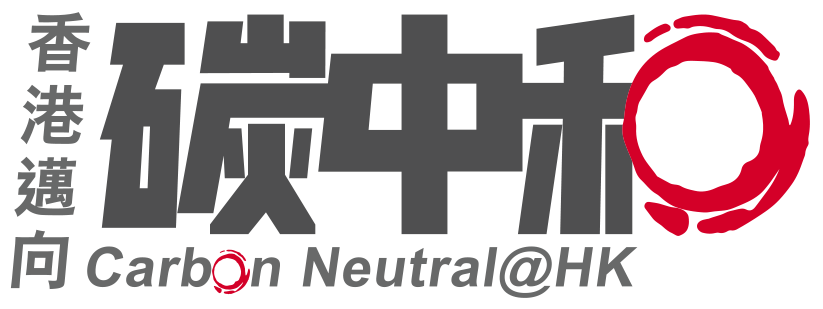Renewable energy facilitation measure takes effect
*****************************************
The Government is committed to creating favourable conditions for members of the public to participate in the development of RE. The Feed-in Tariff (FiT) Scheme, introduced in 2018, allows investors in RE systems to receive payments of $3 to $5 for each unit of electricity they generate, thereby shortening the payback period to about 10 years. To simplify the relevant procedures and facilitate participation as far as practicable, the Government pursued legislative amendments through the Exemption Order and Amendment Regulation to exempt individuals (not in the course of any other business) installing RE systems at their residential premises from the payment of profits tax in respect of the FiT payments received through participation in the FiT Scheme, and also exempt them from the requirement to apply for a business registration. Before these legislative amendments came into effect, the arrangement had already been announced and implemented administratively through a notice issued by the Commissioner of Inland Revenue in October 2018.
Other facilitation and support measures introduced include relaxing restrictions on the installation of solar systems on the rooftops of New Territories Exempted Houses (also known as "village houses"), introducing Solar Harvest to install small-scale RE systems for eligible schools and welfare non-governmental organisations, revamping the "HK RE Net" to provide relevant information on RE and its installation, setting up an enquiry hotline, publishing guidance notes on the general requirements for installing solar energy generation systems, etc.
The Secretary for the Environment, Mr Wong Kam-sing, said, "We believe that the facilitation measures we have introduced, coupled with FiT, have been effective in spurring the development of RE in Hong Kong. As at end 2019, the two power companies have received over 7 000 FiT applications, of which about 6 000 have been approved. The solar panels used in these approved applications can cover about 70 standard football pitches, while the annual electricity generated can power the residential units of two Tai Koo Shings. In comparison, only some 200 private RE systems were connected to the power companies' grids in the decade prior to introduction of the FiT Scheme. This proves that the FiT Scheme and the related facilitation measures have been effective.
"Everyone can contribute to the fight against climate change. I hope that the various facilitation and support measures can encourage participation in the FiT Scheme and installation of energy generation systems which comply with the relevant requirements. Let's support the development of RE in Hong Kong, so that our city can achieve deep decarbonisation," he added.
A brief on the Exemption Order and the Amendment Regulation is available at www.legco.gov.hk/yr19-20/english/subleg/brief/2019ln190_191_brf.pdf.
Ends/Sunday, March 1, 2020
Issued at HKT 10:00
Issued at HKT 10:00
NNNN


